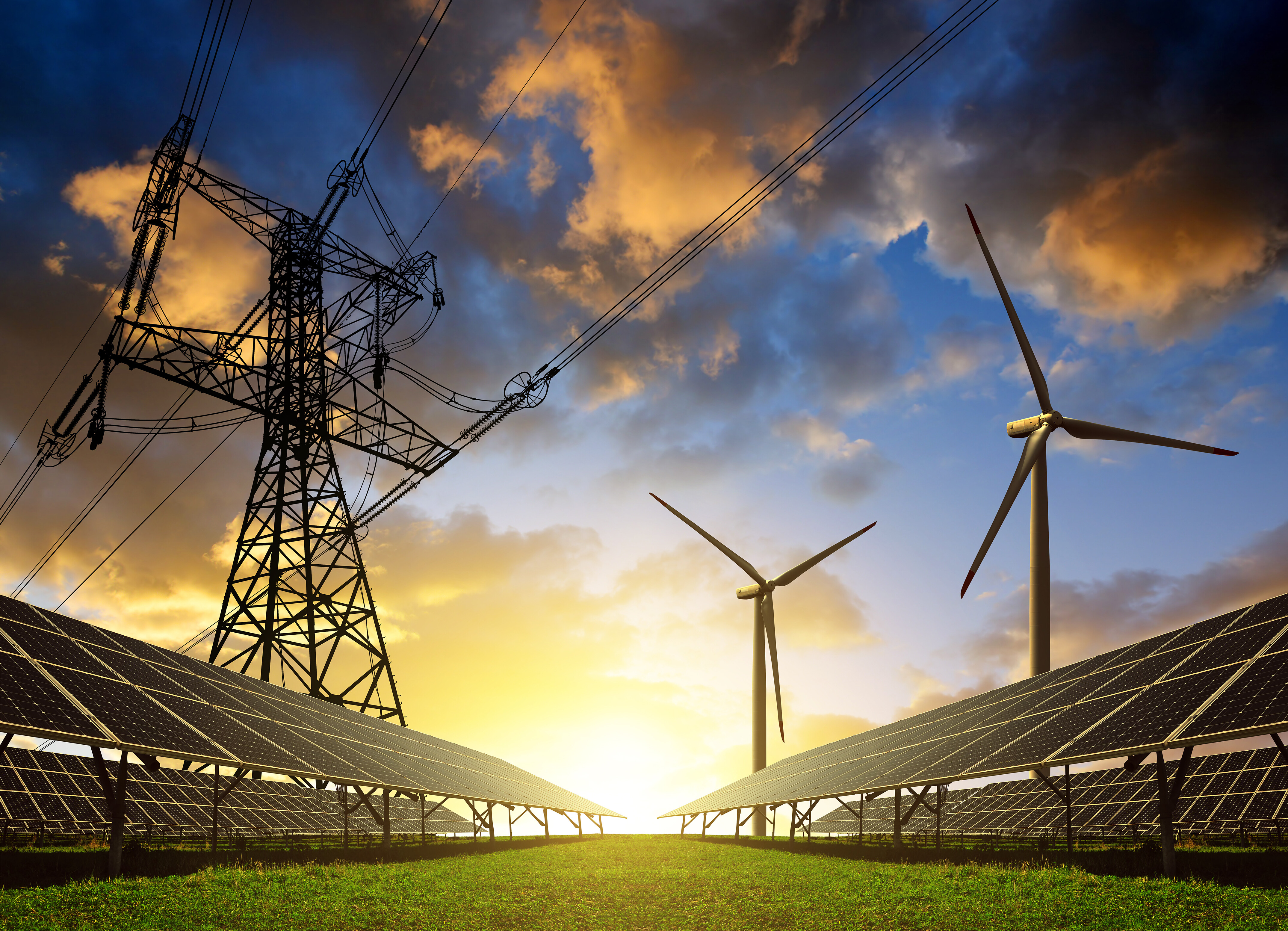How worried are voters about the impact of fake news on the US election?

Which party is more concerned by the threat of fake news? Image: Unsplash/Aaron Burden
- More than 80% of Democrats and Republicans are concerned about the influence of 'fake news' on the presidential election.
- But both parties think the misinformation will be directed more at their own party than the other.
There is broad concern among Democrats and Republicans about the influence that made-up news could have during the 2020 presidential election – and partisans on both sides expect it to be aimed at their own party much more than the other.
Similarly large shares of Democrats and Democratic-leaning independents (82%) and Republicans and GOP leaners (84%) say they are very or somewhat concerned about the influence that made-up news could have during the election. Around half in each group (48% of Democrats and 49% of Republicans) say they are very concerned, according to a Pew Research Center survey of more than 12,000 U.S. adults conducted in October and November last year. The survey is the first in the Center’s nearly yearlong Election News Pathways project, which explores how Americans’ news habits and attitudes relate to what they hear, perceive and know about the 2020 U.S. presidential election.
Have you read?
Liberal Democrats are more likely than moderate or conservative Democrats to say they are very concerned about the influence made-up news could have during the election (58% vs. 40%). Similarly, conservative Republicans are more likely than moderate or liberal Republicans to say this (57% vs. 38%).
In both party coalitions, older adults are more likely than their younger counterparts to express concern about made-up news in the election. Among Democrats, 62% of those ages 65 and older say they are very concerned, compared with 38% of those ages 18 to 29. Among Republicans, around two-thirds (68%) of those ages 65 and older say they are very concerned, compared with only about a quarter (26%) of those ages 18 to 29.
When it comes to who will be targeted by made-up news in 2020, 51% of Democrats say this kind of misinformation will mostly be intended to hurt the Democratic Party, while just 4% say it will be intended to hurt the Republican Party. Another 36% of Democrats say such news will be intended to hurt both parties about equally.
About six-in-ten Republicans (62%) think made-up news will mostly be intended to hurt the Republican Party, while only 4% say it will be aimed mostly at the Democratic Party and 29% say it will be directed at both parties about equally.
Again, liberal Democrats and conservative Republicans are more likely than their more moderate counterparts to believe made-up news will mostly be intended to hurt their own party. And older people in both parties are more likely than younger adults to have this opinion.
Another pattern that emerges from the survey data is that partisans’ news diets are connected with their perceptions about made-up news in 2020.
For example, around three-quarters of Democrats who identify MSNBC (77%), The New York Times (75%) or NPR (73%) as their main source of news say they are very concerned about the influence made-up news could have during the election – much higher than the share of all Democrats who say this.
Among Republicans, two-thirds of those who identify Fox News as their main source of news (67%) say they’re very concerned about made-up news in the election. This is again considerably higher than the share of all Republicans who say this. (It’s worth noting that Fox News dominates as a news source for Republicans, while Democrats rely on a broader range of sources for political and election-related news.)
Earlier surveys by Pew Research Center show that many Americans see the creation and spread of made-up news and information as a considerable problem. In an early 2019 survey, 50% of U.S. adults said made-up news and information was a very big problem in the country today – a larger share than said the same about issues including racism, illegal immigration, terrorism and sexism. Around half or more also said made-up news has a big impact on political leaders’ ability to get work done (51%), Americans’ confidence in each other (54%) and their confidence in the government (68%).
Don't miss any update on this topic
Create a free account and access your personalized content collection with our latest publications and analyses.
License and Republishing
World Economic Forum articles may be republished in accordance with the Creative Commons Attribution-NonCommercial-NoDerivatives 4.0 International Public License, and in accordance with our Terms of Use.
The views expressed in this article are those of the author alone and not the World Economic Forum.
Stay up to date:
United States
Related topics:
Forum Stories newsletter
Bringing you weekly curated insights and analysis on the global issues that matter.
More on Global RisksSee all
Allison Shapira
November 14, 2025









